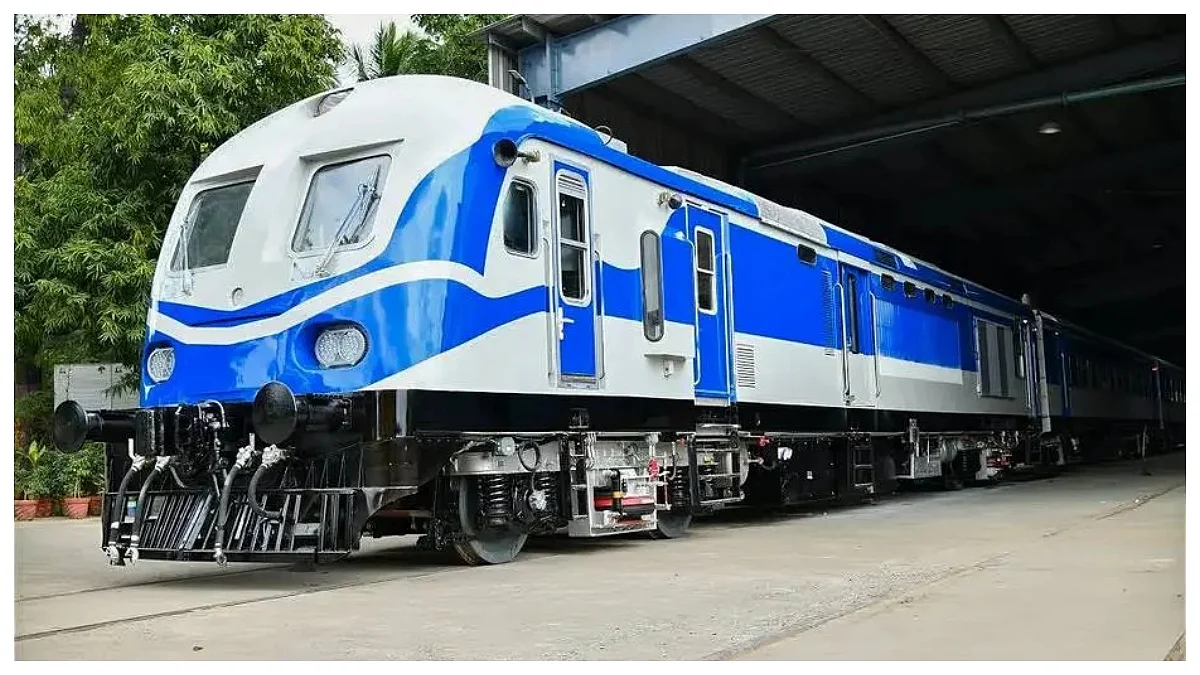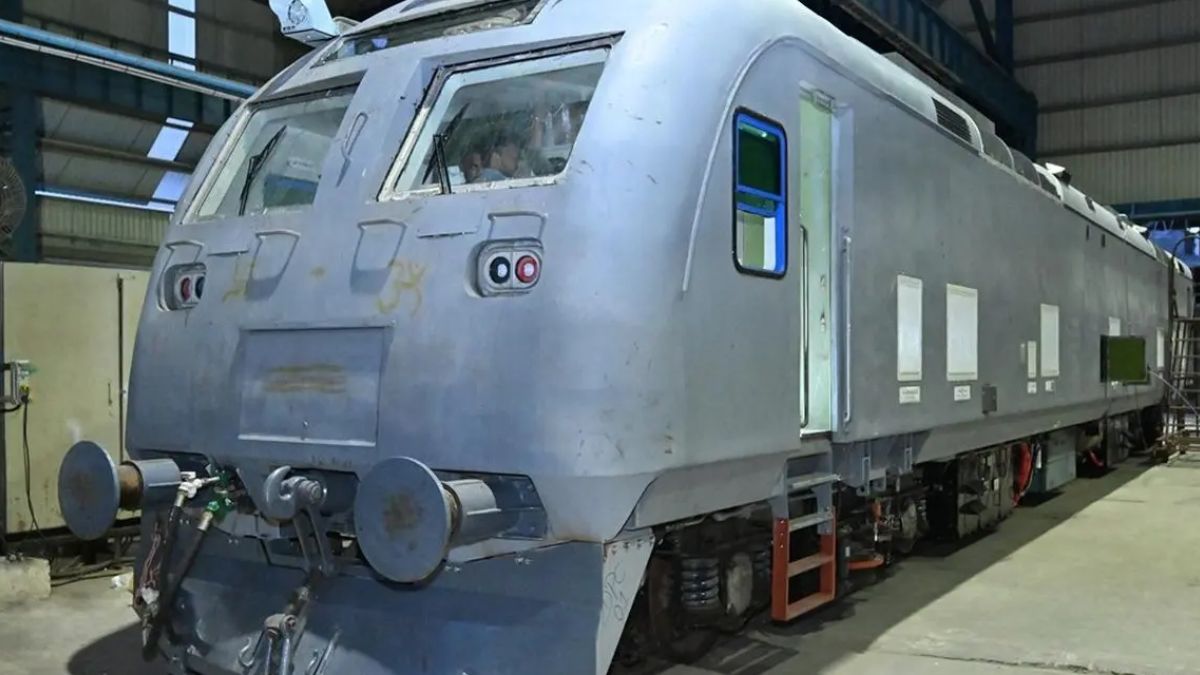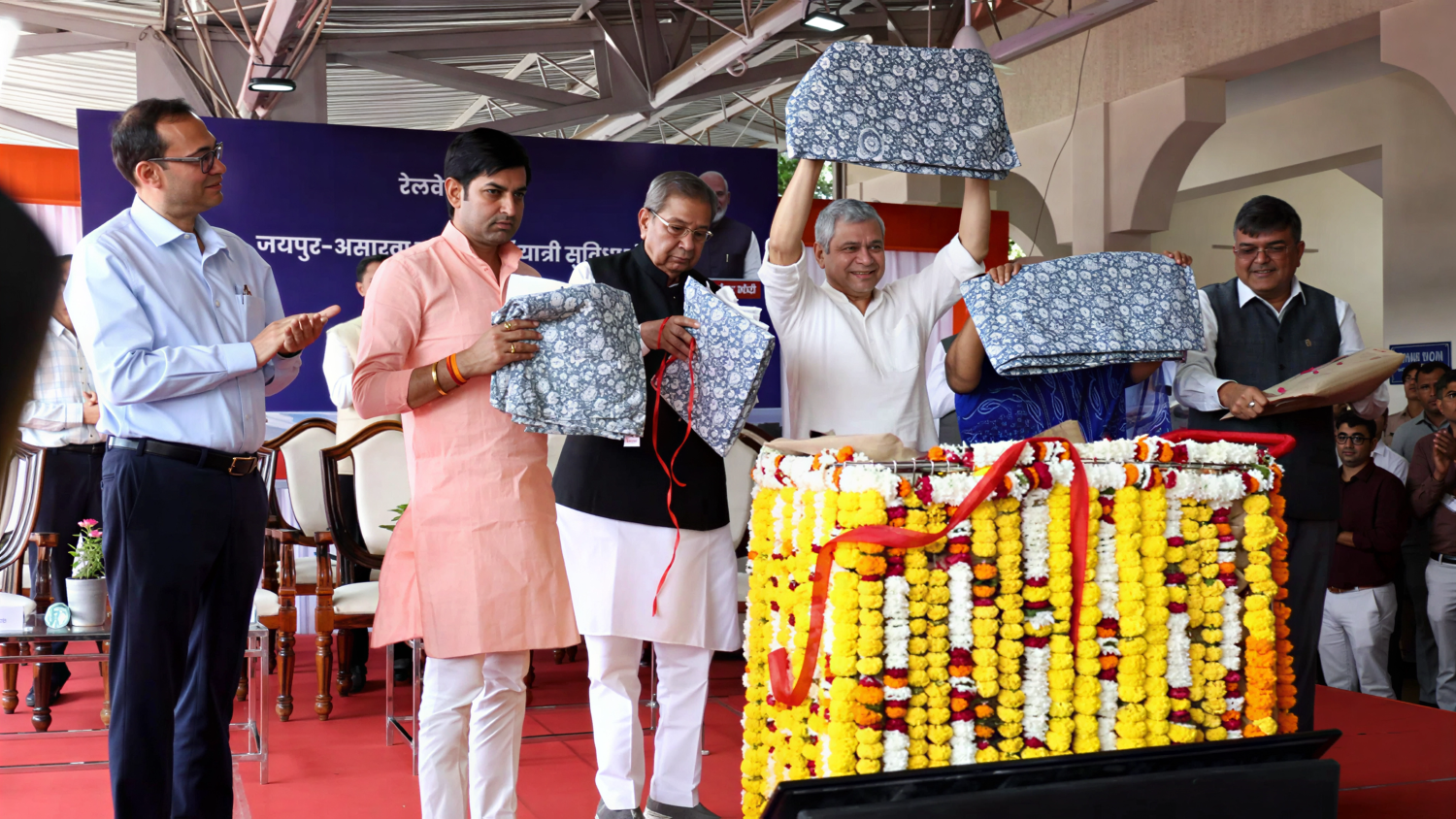India has taken a major leap toward cleaner and more sustainable rail travel. On July 25, 2025, Union Railway Minister Ashwini Vaishnaw announced that the country’s first hydrogen-powered train coach has been successfully tested at the Integral Coach Factory in Chennai. This milestone marks a significant moment for India’s push towards green mobility and places it among the select group of countries leading innovation in hydrogen-powered rail technology.

The coach tested is a Driving Power Car powered entirely by hydrogen fuel. According to Minister Vaishnaw’s announcement on social media, India is currently developing a 1,200 horsepower hydrogen train. Once completed, this high-powered, zero-emission locomotive will further position the country at the forefront of sustainable transport solutions. It is a bold step that aligns with India’s broader ambition to transition to clean energy and reduce its carbon footprint in the transport sector.
This development is not an isolated effort. Back in 2023, the government had shared plans to roll out 35 hydrogen-powered trains under a special initiative called Hydrogen for Heritage. These trains are expected to operate on India’s scenic heritage and hill routes, combining eco-friendly travel with tourism. The estimated cost for each hydrogen-powered train stands at around 80 crore rupees, with an additional 70 crore rupees earmarked for building necessary ground infrastructure across various routes.
In addition to the Chennai coach test, Indian Railways has already awarded a pilot project that involves retrofitting hydrogen fuel cells on an existing Diesel Electric Multiple Unit rake. This project, estimated at over 111 crore rupees, will be tested on the Jind to Sonipat section under Northern Railway. Though initial running costs of hydrogen trains are expected to be higher than traditional options, the government anticipates these will reduce as the technology scales and more trains are introduced.

Hydrogen fuel offers a clean and renewable energy source that emits only water vapor as a byproduct. This makes it an ideal candidate for helping India achieve its zero carbon emission goals. While electric trains are already widely used across India, hydrogen-powered coaches bring an added advantage in remote or non-electrified regions. They can operate independently without needing overhead electric lines, opening new possibilities for sustainable expansion.
The hydrogen train project is just one part of a growing ecosystem around green hydrogen in India. Last year, Minister Hardeep Singh Puri demonstrated a hydrogen-powered bus developed by Indian Oil to the visiting Prime Minister of Bhutan. This shows how India’s public sector undertakings and ministries are working in tandem to build a greener transport future across rail and road networks.
With the successful test in Chennai, India signals that it is not just planning for the future of transport but actively building it. These advancements will not only contribute to cleaner air and reduced emissions but also open up new avenues for innovation in engineering and sustainable tourism.
For more travel innovations, clean transport updates, and stories from India’s railways and beyond, follow Travel Moves on Instagram and Facebook.









